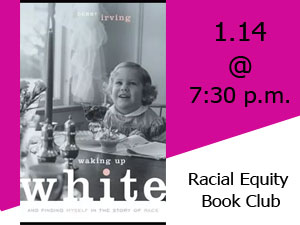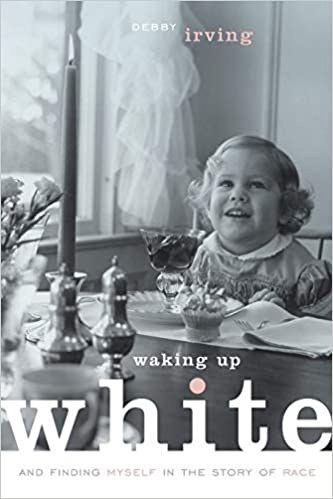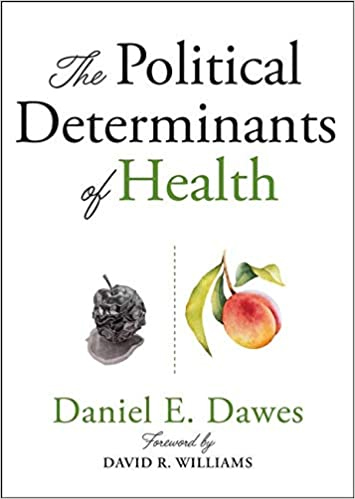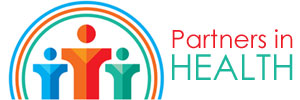
You are invited to take part in the Ohio Academy of Family Physicians first ever Racial Equity Book Club.
The club is a safe and respectful virtual space to discuss important literature on topics of social justice and health equity all from the comfort of your home or office.
Guided conversations provide unique opportunities for insightful reflection and open minded sharing with your peers. Sessions will take place via Zoom under the guidance of a physician moderator.
Registration is free and open to anyone interested in participating.
To participate, purchase and read the following books and register for each discussion session:
| Thursday, January 14, 2021 @ 7:30 p.m. | Discussion Registration | Moderator: Heidi Gullett, MD, FAAFP | |
 |
Debby Irving uses her own life to explore the everyday systemic racism that goes largely unnoticed yet perpetuates long-held racialized belief systems. By sharing her sometimes cringe-worthy struggle to understand racism and racial tensions, she offers her perspective on bias, stereotypes, manners, and tolerance.
The author peppers key questions throughout the book allowing the reader to reflect and apply the lessons learned to their own life experience. |
| Tuesday, March 2, 2021 @ 7:30 p.m. | Discussion Registration | Moderator: Wayne Forde, MD, FAAFP | |
 |
In this book, Daniel E. Dawes argues that political determinants of health create the social drivers—including poor environmental conditions, inadequate transportation, unsafe neighborhoods, and lack of healthy food options—that affect all other dynamics of health. By understanding these determinants, their origins, and their impact on the equitable distribution of opportunities and resources, we will be better equipped to develop and implement actionable solutions to close the health gap. Mr. Dawes draws on his firsthand experience helping to shape major federal policies, including the Affordable Care Act, to describe the history of efforts to address the political determinants that have resulted in health inequities. Taking us further upstream to the underlying source of the causes of inequities, he examines the political decisions that lead to our social conditions, makes the social determinants of health more accessible, and provides a playbook for how we can address them effectively. |
Additional details are provided on the Racial Equity Book Club page including an extended reading list with recommendations from members and partner organizations.
If you have questions, please contact Deputy Executive Vice President Kate Mahler, CAE, or call 800.742.7327.




